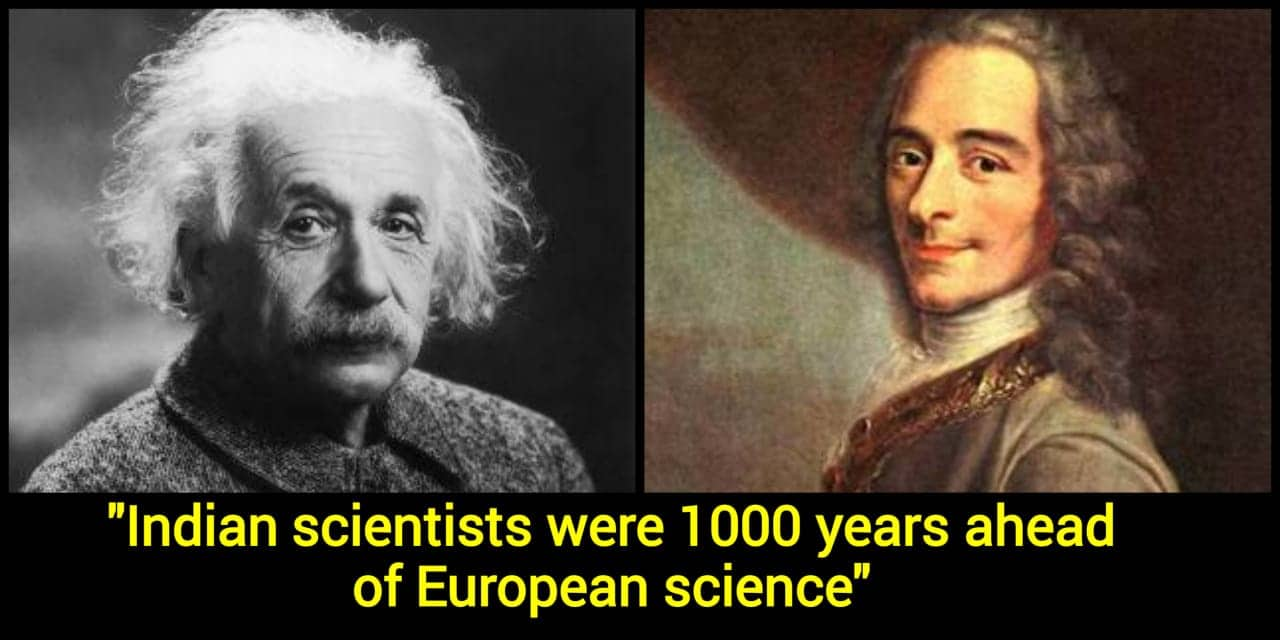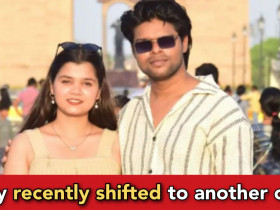Perhaps for the first time an Indian professor has given a universal law, which is an established truth. To understand what a universal law is, we require to focus on some examples. The law of conservation of energy, which states that energy can neither be created nor destroyed, is a universal law. “For every action, there is an equal and opposite reaction” is yet another example of universal laws, which was brought in by Newton. Perhaps all such laws have been given by western scientist, now an Indian scientist contributes a universal law after 14 years of research.
Professor Manoj Kumar, who hails from the state of Kerala, comes up with a new universal law “Life comes from Life” which is going to be the biggest paradigm shift in the history of science. He states that Life comes from Life is true in the case of humans, animals, plants, and all other Organisms including multi-cellular organisms as well as unicellular Organisms. There are billions of examples in this world where we can easily perceive that this universal law holds true. So he states that this law also has to be true in the case of formation of first cell. The Youth has earlier published an article about the formation of first cell, He states that the first cell also formed from our solar system which is a Life force. He presented his research paper in 24th Science congress, Kerala, India where he proves that Solar System is a life force because it has got all the characteristics of a living entity.
All his findings are deducted from his study on life science, space science and the teachings of Navajyothi Sree Karunakara Guru of Santhigiri Ashram, Kerala. The professor did research for 14 years and understood things both through the prism of science and spirituality. So far several global news portals have highlighted his work, but India media failed to give due coverage to our achiever as they are busy focusing on politics only. For more read Wikipedia












